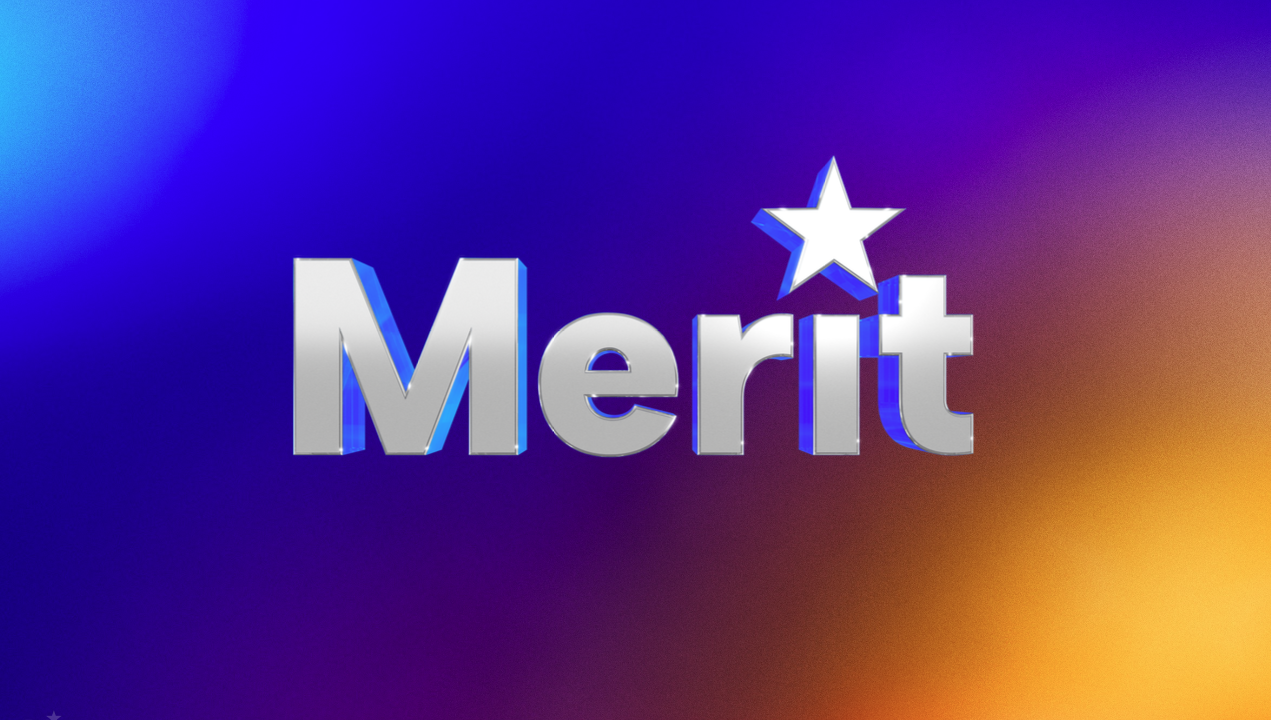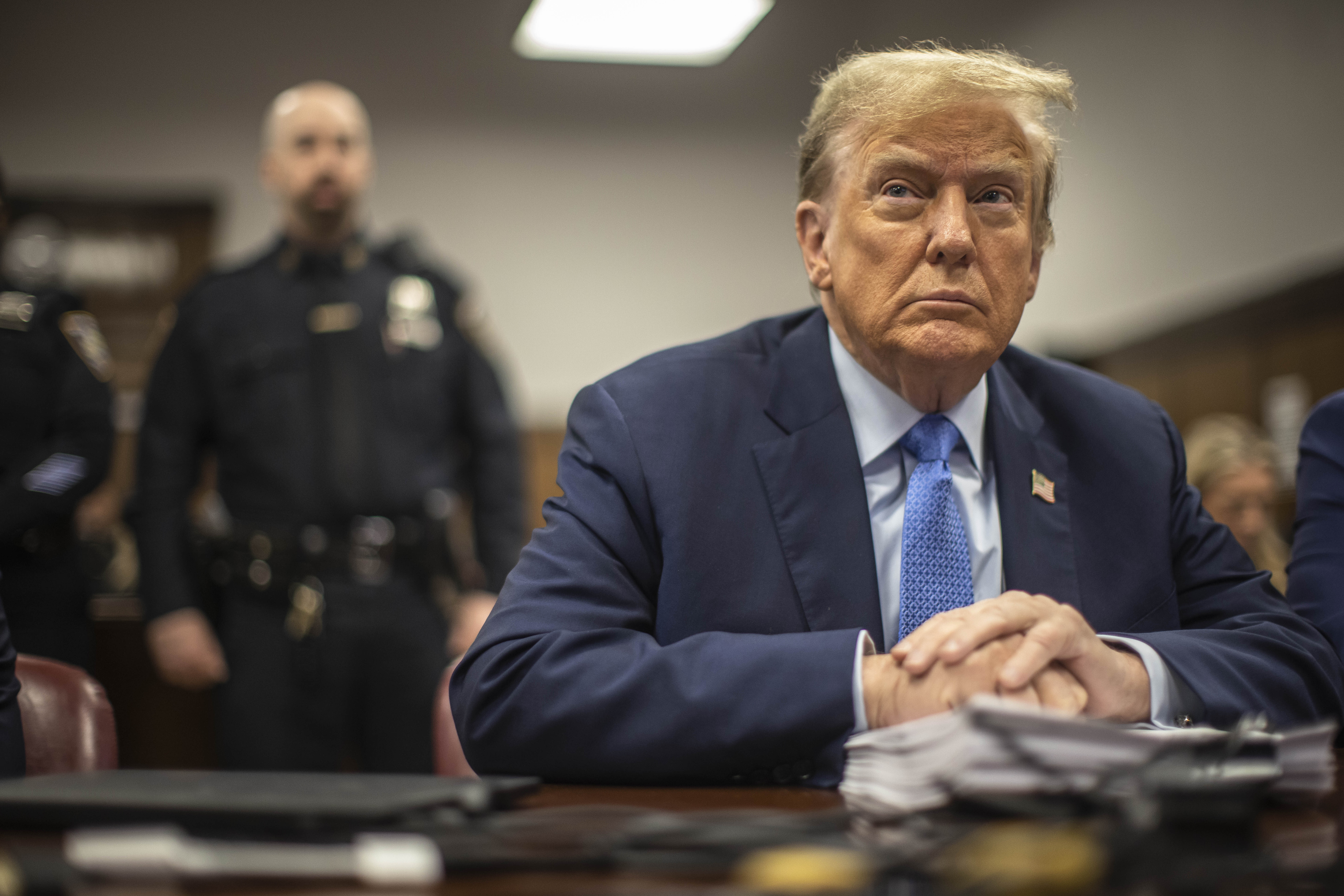4 min read
Dr. Phil talks 'high-stakes' hush money trial of Donald Trump
 Annie Gimbel
|
Apr 29, 2024
Annie Gimbel
|
Apr 29, 2024

Texas — In the first criminal trial of a U.S. president, who’s most important?
According to “Dr. Phil” McGraw, it’s the 12 New Yorkers chosen to serve on the jury.
“I consider them the forgotten jury," said the television personality and best-selling author.
The Case
- Former President Donald J. Trump is on trial in Manhattan for reportedly falsifying business records to cover up hush money payments to Stormy Daniels and Karen McDougal during his 2016 campaign.
- The eye of this legal hurricane is a $130,000 payment reportedly made by Trump’s former lawyer Michael Cohen to Daniels, who’s a pornographic film actress and director. The payment was allegedly meant to prevent Daniels’ claims of having a sexual encounter with Trump from going public in the final days of the 2016 race.
- Prosecutors said Trump obscured the true nature of the payments in internal records when his company reimbursed Cohen, who pleaded guilty to federal charges in 2018 and is expected to show up as a star witness for the prosecution.
- Trump is charged with 34 counts of falsifying business records in the first degree. He pleaded guilty to all 34 counts.
McGraw was so moved by the high stakes case that he created a two-part primetime special about it.
“This is a very dangerous case for America,” he shared. “It’s mind boggling to me. I think this whole process has been underestimated.”
McGraw used his 15 years of trial science expertise to break down how the trial won’t be tried in the courtroom, but in the jury room.
"They picked this jury in a hurry and not in a very scientific manner. This is about those 12 people in the jury and how they’re going to problem solve this case,” said McGraw. “What are their values? Who are they? Nobody is paying attention to who these people are and what they think is important.”
The Jury
The process of picking a jury is a critical phase in any criminal trial but especially so when the defendant is a former president and the presumptive Republican nominee.
“You need to read the room whether you’re the prosecution or the defense,” said McGraw. “Somebody needs to be telling the lawyers, you’re losing the jury. Someone who is reading the room. That’s not happening.”
McGraw described each of the jurors– seven men and five women – during his special.
Some of their professions include teacher, speech therapist, sales professional, software engineer, security engineer, investment banker and retired wealth manager. Two of the jurors are lawyers.
“Who puts not one, but two lawyers on the jury?” McGraw asked.
Former Los Angeles criminal prosecutor and current News on Merit Street anchor Loni Coombs agreed with McGraw, that is was unusual for lawyers to get selected.
“Both sides are likely to want a lawyer stricken from the jury pool because it’s essential to control as many factors as possible in a jury trial, and an attorney on the panel is just a wild card,” Coombs explained.
In addition to the empaneled attorneys, McGraw was concerned about ‘Juror No 11.’
When asked by the defense about her opinion of Trump, Juror No 11, who’s from California and works as a product manager said, "He just seems very selfish and self-serving, so I don't really appreciate that in any public servant.”
“I was stunned at some of the people who got on the panel,” said McGraw. “This looks to me like a juror who got on when lawyers were out of strikes.”
What’s At Stake
The unprecedented case raises questions that will test the Constitution of the United States like never before, according to Coombs.
“If Trump is convicted, and sentenced to jail time, he can’t vote for himself to be President, because the constitution bars convicted felons from voting. But he could serve as President from behind bars. There is nothing in the constitution that prevents that specific scenario,” explained Coombs.
McGraw and Coombs discussed what a presidency from behind bars could look like, and the ramifications of that nationally and internationally.
"If Trump were to win the election, his inauguration could happen from Rikers Island. What would secret service do? All these things are possibilities,” shared McGraw. “You may say, ‘That’s outrageous!’ But in the 250-year history of the country no one thought this could happen.”
Court of Public Opinion
Trump’s trial in New York is the first of four criminal cases he’s facing in 2024. He’s charged with 91 felony counts across all four and is implicated in a pair of civil suits. He has pleaded not guilty or denied wrongdoing in all of them.
Where does this leave him in the eyes of voters?
Political analyst Scott Rasmussen conducted a poll of 1,000 registered voters, which found that 52% believe Trump's hush-money trial is mostly about legitimate legal issues. And 39% said it’s mostly politically motivated.
PRESIDENT TRUMP'S TRIAL: 52% say Trump's trial in New York is mostly about legitimate legal issues.
— Scott Rasmussen (@ScottWRasmussen) April 23, 2024
39% say it is mostly politically motivated.
Scott Rasmussen National Survey, 1,000 RV, Conducted by @RMG_Research April 15-16, 2024 pic.twitter.com/wG4tPF8mI0
Could Trump take the stand in an attempt to win over the jury? According to McGraw, that's a terrible idea.
“Not one chance in a million should he take the stand. He speaks with a lot of hyperbole. When you’re under oath on the witness stand, that hyperbole becomes a lie and that’s perjury," said McGraw.
Many on social media have asked if convicted, couldn't Trump pardon himself. The answer is no. This case is a state prosecution and Presidential pardons only apply to federal crimes.
Regardless, a guilty verdict raises even more questions.
"Where would cabinet meetings be held? Could Congress invoke the 25th Amendment after the election and determine him “unfit” to serve? Would the Vice President step up and lead during the time that the President was incarcerated," asked Coombs. "These are all hypotheticals that, at this time, don’t have answers. Clearly, the Founding Fathers didn’t foresee this one.".”
The trial, entering its third week, is expected to last six-to-eight weeks, according to a media advisory.

